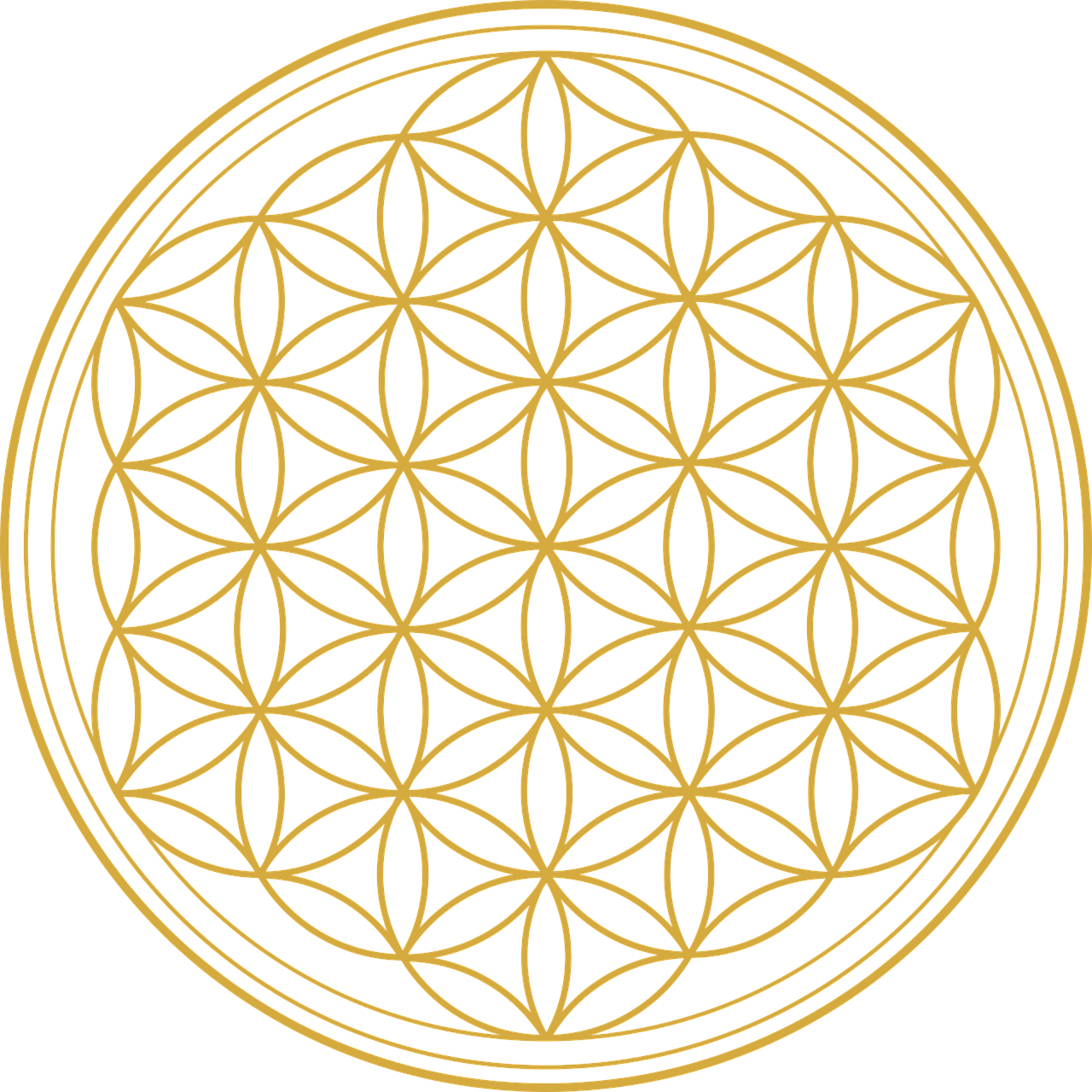How auriculotherapy works on the addiction pathway
Auriculotherapy works on the addiction pathway by stimulating specific points on the ear, which are believed to correspond to various parts of the body and brain involved in addiction. This stimulation is thought to affect the body's energy lines or qi, thereby restoring balance and aiding in the treatment of addiction. The practice is based on the theory that the ear is a microsystem reflecting the entire body, and by targeting these auricular points, it can influence the central nervous system and the broader physiological processes related to addiction[3].
The effectiveness of auriculotherapy in treating addiction, particularly for substances such as opioids, cocaine, alcohol, heroin, nicotine, and gambling, has been supported by a systematic review of randomized controlled trials (RCTs). This review found that a significant percentage of studies reported positive outcomes in treating addiction through auriculotherapy. The most commonly used auricular acupuncture points in these studies were part of the NADA protocol, which includes points such as shenmen, sympathetic, liver, lung, and kidney[1].
Moreover, auriculotherapy is not limited to acupuncture but also includes acupressure, where pressure is applied to auricular points without the use of needles. This method has been suggested as a viable option for addiction treatment, offering a non-invasive and patient-managed approach that can be easily administered by trained practitioners or potentially self-administered with proper guidance[2].
In summary, auriculotherapy works on the addiction pathway by stimulating specific auricular points believed to be connected to the brain and body areas involved in addiction. This stimulation aims to restore balance and reduce withdrawal symptoms, thereby aiding in the treatment of various addictions. The practice has been supported by clinical research, although the exact mechanisms through which it affects the addiction pathway remain a subject of ongoing study[1][2][3].
Citations:
[1] https://pubmed.ncbi.nlm.nih.gov/35179436/
[2] https://www.ncbi.nlm.nih.gov/pmc/articles/PMC4140110/
[3] https://pubmed.ncbi.nlm.nih.gov/24459016/
[4] https://www.naadac.org/acupuncture-addiction-treatment-webinar
[5] http://www.drwoodrow.com/stopsmoke.htm
you might like this

04 avril 2023
19 décembre 2022
NEWSLETTER
Subscribe to our Newsletter and receive the latest news.
POPULAR ITEMS

by Jerome Rucquoy le 06 janvier 2023
Par Jerome Rucquoy le 21 Mars 2023
Par Jerome Rucquoy le 21 fevrier 2023

LAST ARTICLES
Par Jerome Rucquoy le 06 janvier 2023
Par Jerome Rucquoy le 19 décembre 2022
Par Jerome Rucquoy le 10 février 2023
POPULAR ITEMS
Par Jerome Rucquoy le 21 mars 2023
Par Jerome Rucquoy le 02 avril 2023
Par Jerome Rucquoy le 04 avril 2023
Créé par Jerome RUCQUOY ™© 2023 Mentions Légales







